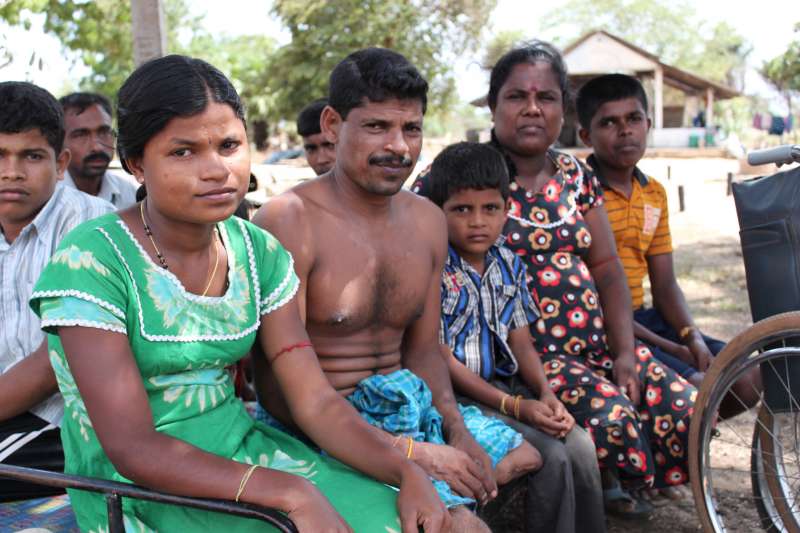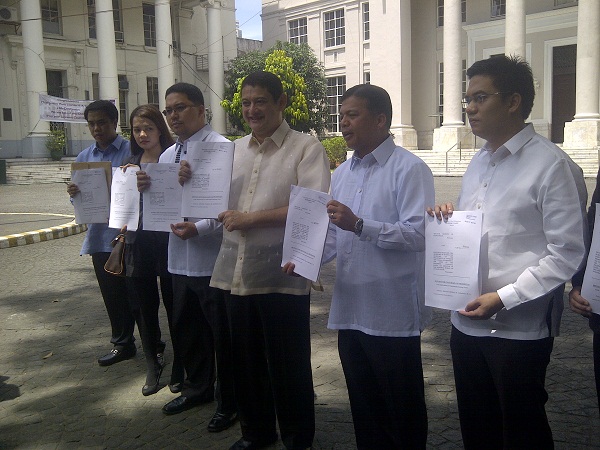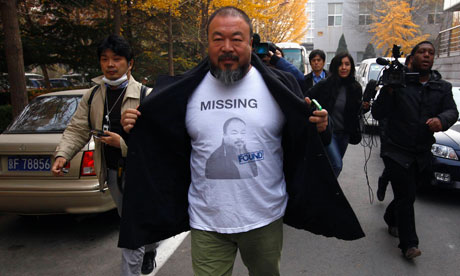By Irving Feng
Impunity Watch Reporter, Asia
PHNOM PENH, Cambodia – Cambodian land rights activist and journalist, Mam Sonando, was sentenced to a 20 year jail term by the Phnom Penh court for allegedly inciting a mass rebellion against the central government.

A well-known critic of the current Cambodian prime minister and political administration, the 71 year old Sonando was accused of urging villagers in the eastern Kratie province to take up arms as part of a greater coup. Hun Sen, the Cambodian prime minister, believes that Sonando was attempting to secede and establish his own separatist state with the rebelling villagers.
Sonando and his supporters have denied all allegations, and he has maintained his plea of not guilty despite being handed a guilty verdict by the panel of three judges in the Phnom Penh court. The insistence by the central government of the existence of an actual rebellion is alleged to be mere puffery. It is believed, by Sonando and his supporters, to be a political move to silence critics and keep the current abuses of the administration quiet.
The current administration has been known to forcibly evict Cambodian citizens from their land. The central government’s alleged aim is to usurp private citizens’ lands and utilize it for agricultural purposes. Industries, such as rubber, sugar, and mineral exportation, has exploded in recent years. Cambodia has enjoyed quite an economic boom which has led to the current land disputes and possible abuses in basic land rights of private citizens.
From a special report by the U.N. Human Rights Council, Cambodia’s population is growing increasingly “desperate and unhappy” over the abuses by their government. The government has been believed to be using these land grabs as a tool of repression. A leading environmental campaigner and journalist, who had been reporting on issues such as the current land disputes, was found dead in the trunk of a car.
Last May, clashes between protestors and the central government’s armed forces over land disputes lead to the death of a 14 year old girl in Kratie. Sonando has, now, been found guilty of assisting these villagers and inciting rebellion among their ranks. His supporter’s have, however, believed that his recently found guilt and impending incarceration is a victory. They now have possible direct evidence of abuses by the government, such as prosecuting baseless claims against government critics and activists.
The EU has been under immense pressure to freeze tariff free exports from Cambodia. The tariff free exportation has, perhaps, contributed to the recent economic boom which has tempted the central government to forcibly and illegally steal land from private citizens. The EU has also issued a statement doubting the legitimacy of the Cambodian courts.
For further information, please see:
BBC – Cambodia jails journalist Mam Sonando over ‘plot’ – 1 October 2012
International Business Times – Myanmar Revisited? Cambodian Pro-Democracy Activist Jailed For 20 years – 1 October 2012
Reuters – Cambodia rights activist jailed 20 years on disputed conviction – 1 October 2012
The Phnom Penh Post – Activist Mam Sonando gets 20 years – 1 October 2012



